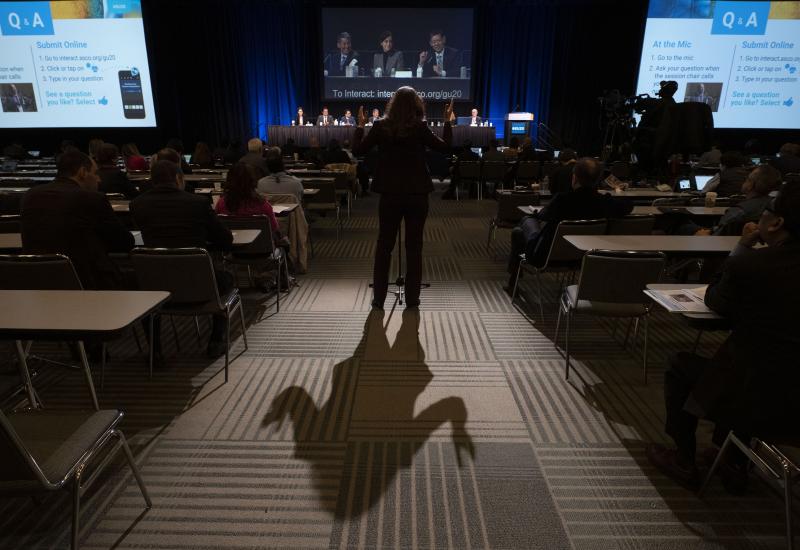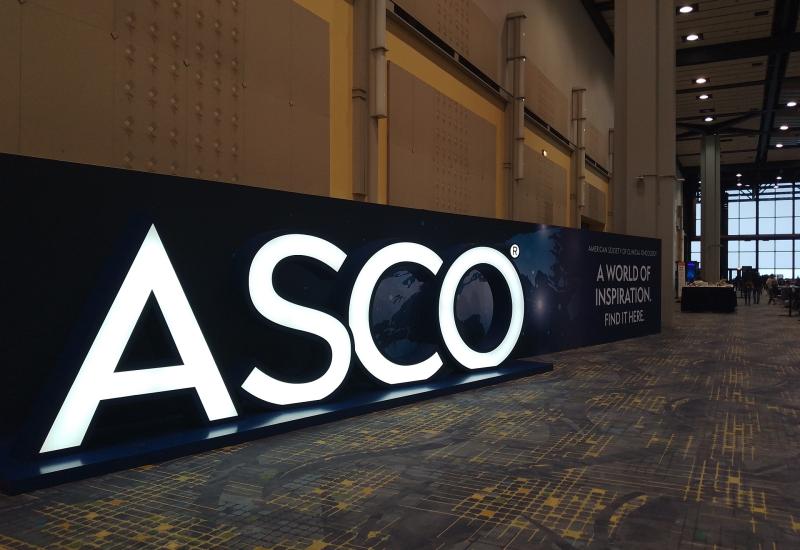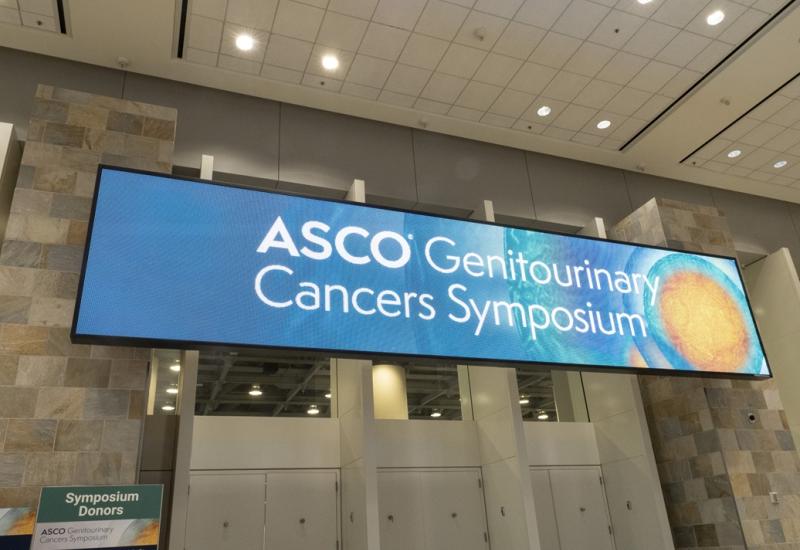
ESMO 2025 preview – Astellas's third Claudin18.2 shot
Data with the T-cell engager ASP2138 look lukewarm, but could improve with combos.
Data with the T-cell engager ASP2138 look lukewarm, but could improve with combos.

Astellas is already all in on Claudin18.2, with the approved antibody Vyloy plus an ADC from a deal with Evopoint – and it’s taking another shot at this target with a T-cell engager, data from which will feature at ESMO.
Results with ASP2138 look lacklustre, based on two abstracts released on Monday, but Astellas emphasised that these were monotherapy data. The company has higher hopes for combinations, and an ESMO poster will give a first indication of how combos are faring in first and second-line gastric and gastroesophageal junction (GEJ) cancers.
Astellas’s head of oncology development, Moitreyee Chatterjee-Kishore, dubbed the combo data “so striking” that the group is already planning a phase 3 trial in first-line gastric cancer, evaluating ASP2138 plus a PD-(L)1 inhibitor and chemo, which could start in the second half of 2026.
Astellas believes that ASP2138, which was developed in partnership with Xencor, could be used in patients with lower Claudin18.2 expression levels than Vyloy; the MAb is only approved in patients with 75% or higher expression, as part of a first-line chemo combo.
Chatterjee-Kishore didn’t disclose whether, in the pivotal study, there would still be a requirement for a certain level of Claudin18.2 expression, and where any cutoff could be. But, eventually, she hopes that ASP2138 could be used in patients “with any level of Claudin18.2”.
Meanwhile, the initial setting for the Evopoint-originated ADC, ASP546C (formerly XNW27011), will be as monotherapy in second-line gastric cancer, she added.
Mono & combo
ESMO will see two posters on ASP2138, both from the same phase 1 trial, which tests monotherapy and various combinations in first and second-line Claudin18.2-positive gastric/GEJ cancers, and pancreatic cancer. In this trial Claudin18.2-positivity is defined as expression of 1% or more.
Both posters will focus on gastric cancers; pancreatic cancer results will be reported at a later date. One concerns intravenous monotherapy, while the other details subcutaneous monotherapy and combos.
With the IV formulation, the abstract notes five partial responses among 36 relapsed patients, giving an ORR of 14% (which includes unconfirmed responses). With SC monotherapy, there was just one confirmed partial response among 12 relapsed patients, giving an ORR of 8%.
ESMO will see data on combos from cohort G (first-line ASP2138 plus Keytruda and mFolfox6) and cohort H (second-line ASP2138 plus Cyramza and paclitaxel).
Chatterjee-Kishore noted that Astellas had been prioritising enrolment into the first-line Keytruda-combo cohort, so this will be the one to watch.
ASP2138 vs Vyloy
In the front line, Vyloy plus chemo has produced ORRs of 32-40% in the Spotlight and Glow trials, according to its label. However, these studies were restricted to ≥75% Claudin18.2 expressers. This year Astellas started the Lucerna phase 3 trial of Vyloy plus Keytruda plus chemo, but also only in ≥75% expressers.
Therefore, if ASP2138 can produce similar or better response rates, but in a broader Claudin18.2-positive population, Astellas might be on to something. Chatterjee-Kishore also hinted that data on response duration could also be available at ESMO.
As for the Evopoint-originated ADC ASP546C, Astellas licensed this outside China in May, just ahead of an ASCO poster presentation involving a Chinese phase 1/2 trial. That study produced a promising 51% ORR across three doses in relapsed gastric/GEJ cancer patients.
Evopoint recently started a Chinese phase 3 trial, while Astellas hopes to begin a “bridging” study for western populations in early 2026, Chatterjee-Kishore said. However, she declined to give more details, saying that Astellas planned to have conversations with regulators about this soon.
If all goes to plan, Astellas could have several Claudin18.2-targeted therapies covering a range of gastric and pancreatic cancer populations.
ESMO will take place in Berlin on 17-21 October.
3096













